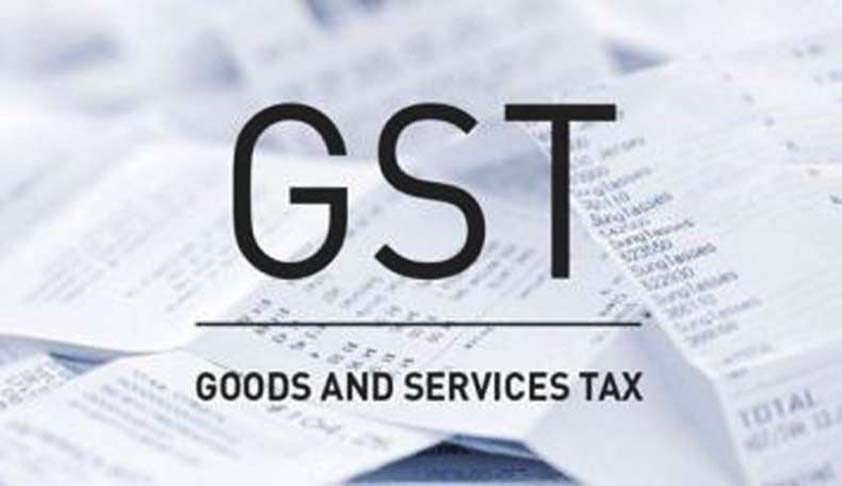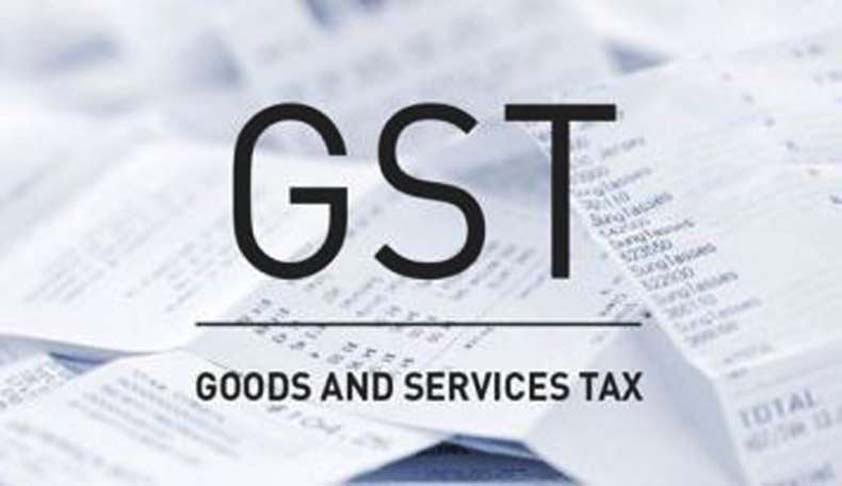In a significant move to simplify the Goods and Services Tax (GST) landscape, the Central Board of Indirect Taxes and Customs (CBIC) has released Circular No. 206/18/2023-GST dated October 31, 2023. These clarifications, which follow recommendations from the 52nd GST Council meeting, shed light on the nuanced application of GST to various services. In this SEO article, we'll break down CBIC's key clarifications, making it easier for businesses and individuals to understand how these changes affect them.
| Table Section |
|---|
| 1. Introduction |
| 2. 'Same Line of Business' for Passenger Transport and Motor Vehicle Rental |
| 3. GST on Reimbursement of Electricity Charges |
| 4. Job Work for Conversion of Barley into Malted Barley |
| 5. GST Exemption for District Mineral Foundations Trusts (DMFTs) |
| 6. GST Exemption for Horticulture Services to CPWD |
| 7. Conclusion |
1. Same Line of Business' for Passenger Transport and Motor Vehicle Rental:
One of the pivotal clarifications addresses the notion of "same line of business." For services related to passenger transport and the rental of motor vehicles, GST at a rate of 5% applies when the fuel cost is included in the service charge. The CBIC defines "same line of business" as services procured from another provider for transporting passengers or renting motor vehicles. It's important to note that leasing motor vehicles without operators is treated separately and attracts GST, including compensation cess.
2. GST on Reimbursement of Electricity Charges:
Doubts about GST applicability in cases where electricity is supplied alongside renting immovable property or maintenance of premises have been resolved. If electricity supply is bundled with these services, it's considered a composite supply. In such cases, the GST rate is determined by the principal supply (renting or maintenance) even if electricity is billed separately. However, when real estate companies act as pure agents for electricity supply or charge the same amount as state electricity boards or DISCOMs, electricity is exempt from GST.

3. Job Work for Conversion of Barley into Malted Barley:
The circular provides clarity on job work services for the conversion of barley into malt. Regardless of the end-use, such services fall under "job work in relation to all food and food products," attracting a GST rate of 5%. This simplifies tax treatment for businesses involved in malt production and ensures uniform taxation across this industry.
4. GST Exemption for District Mineral Foundations Trusts (DMFTs):
CBIC has confirmed that DMFTs established by state governments are considered governmental authorities. They play a pivotal role in providing services related to drinking water supply, environmental protection, healthcare, education, and welfare. These services align with activities listed in the Constitution's Eleventh and Twelfth Schedules. As a result, DMFTs are eligible for the same GST exemptions as other governmental authorities, ensuring the continuity of essential services.
5.GST Exemption for Horticulture Services to CPWD:
The circular also clarifies the GST exemption for services related to horticulture and horticulture works when supplied to the Central Public Works Department (CPWD). These services are exempt from GST when the value of goods in the total supply doesn't exceed 25%. This exemption supports the functions of CPWD and benefits suppliers engaged in horticultural services.
(FAQS)
1. What is the significance of the CBIC's recent circular regarding GST clarifications?
The CBIC's circular provides essential clarifications on the application of Goods and Services Tax (GST) to various services. It aims to simplify and streamline the GST system, making it easier for businesses and individuals to understand their tax obligations.
2. What is the concept of 'same line of business' with respect to GST on passenger transport and motor vehicle rental services?
'Same line of business' in the context of GST refers to services procured from another provider for transporting passengers in a motor vehicle or renting a motor vehicle. It is important to note that this concept does not include the leasing of motor vehicles without operators, which has a separate GST treatment.
3. How does GST apply to the reimbursement of electricity charges by real estate companies, malls, and airport operators to their lessees or occupants?
When electricity supply is bundled with renting immovable property and maintenance services, it is considered a composite supply. The GST rate is determined by the principal supply (renting or maintenance), even if electricity is billed separately. However, if these entities act as pure agents for electricity supply or charge the same amount as state electricity boards or DISCOMs, electricity is exempt from GST.
4. What is the GST rate for job work related to the conversion of barley into malt, and does the end-use of the malt affect the rate?
Job work services for the conversion of barley into malt fall under the category of "job work in relation to all food and food products" and are subject to a GST rate of 5%. The end-use of the malt does not affect this rate, ensuring uniform taxation for this industry.
5. Are District Mineral Foundations Trusts (DMFTs) eligible for GST exemptions?
Yes, DMFTs established by state governments are considered governmental authorities. They provide services related to drinking water supply, environmental protection, healthcare, education, and welfare, similar to activities listed in the Constitution's Eleventh and Twelfth Schedules. Therefore, DMFTs are eligible for the same GST exemptions as other governmental authorities.
6. Which services related to horticulture supplied to the Central Public Works Department (CPWD) are eligible for GST exemptions?
Supply of pure services and composite supplies of goods and services related to horticulture or horticulture works, where the value of goods does not exceed 25% of the total value, are eligible for exemption from GST when provided to CPWD. This exemption aligns with constitutional provisions and benefits both CPWD and horticulture service providers.
Conclusion:
CBIC's recent clarifications provide a breath of fresh air for businesses and individuals navigating the complexities of GST. Understanding these clarifications is essential for ensuring compliance and efficient tax management. Keeping up-to-date with such regulatory changes is key to making informed financial decisions in the ever-evolving GST landscape. By demystifying the intricacies of GST, these clarifications empower businesses and taxpayers to meet their obligations more confidently and effectively.


